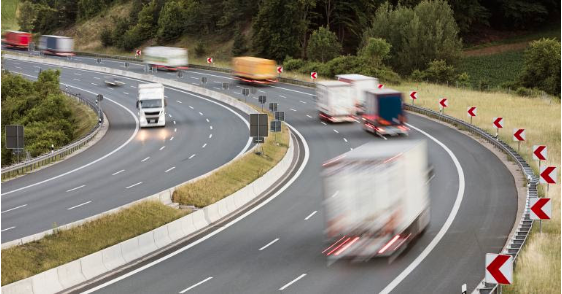The European Commission is set to revise the so-called Roadworthiness Package with a view to enhancing road safety and embracing digital solutions, while avoiding unnecessary burdens for commercial road transport operators.
The European Commission proposals aim to modernise EU legislation on periodic roadworthiness testing and technical roadside checks as well as vehicle registration documents.
Last revised over ten years ago, the current framework no longer reflects the technological evolution of commercial vehicles, which are now equipped with advanced safety systems and cleaner technologies.
The new proposals aim to modernise the legislation without creating unnecessary obligations or costs for operators.
The revised rules will introduce regular checks for electric vehicles and advanced driver-assistance systems, annual inspections for older vehicles, and enhanced emission testing to help reduce fine particle pollution.
Digitalisation features prominently, with proposals for electronic vehicle registration and inspection certificates, cross-border data exchange, and stronger safeguards against fraud, such as odometer tampering.
The COVID-19 pandemic highlighted the critical importance of uninterrupted and efficient inspection systems. Temporary test centre closures brought much of the EU’s commercial road transport to a halt, underlining the need for resilient and harmonised procedures, including mutual recognition of key documents, across Member States.
The Commission’s strong push for digitalisation includes shifting from paper-based to electronic documentation. Building on the Electronic Freight Transport Information (eFTI) Regulation, can simplify compliance and reduce administrative burdens for both operators and authorities.



